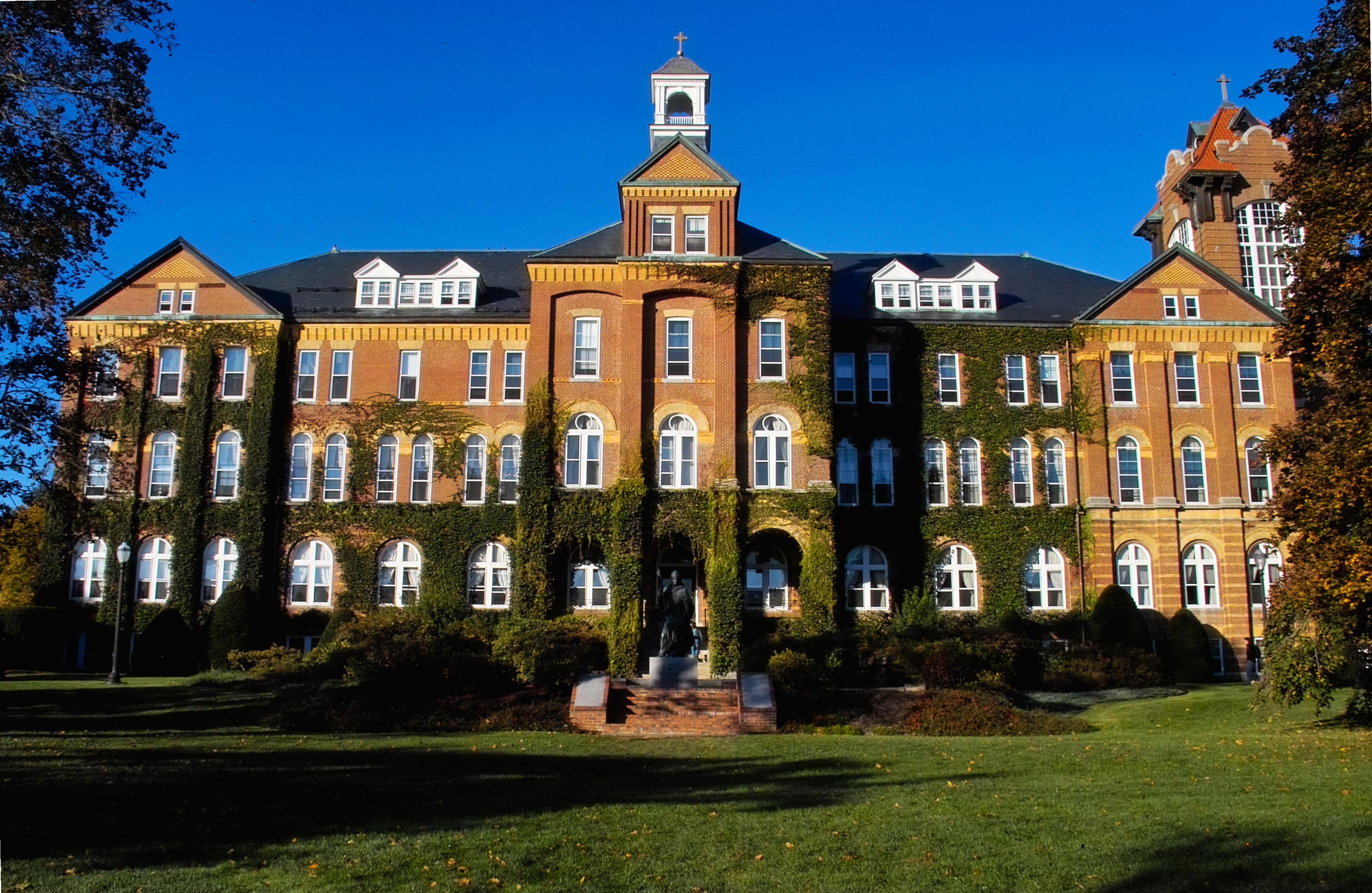 One of my secret dreams is to found a private academy--you know, one with thick, leather-bound volumes and big, comfy chairs in the reading rooms... a garden... Shakespeare in the orchard... poetry by candlelight. And students! Students and scholars that want to be there and are there for no other reason than the sake of learning itself--well, and to change the world, of course. That goes without saying... I think it all might be the Eden that I escape to whenever the current educational system gets me bogged down and wondering what will be of the future. The more I think about it, though, the more I think that modern academies are going to take a different form than that idyllic, rustic academy that's been floating around in my head all these years. Maybe the days of the pastoral haven of learning aren't passed entirely, but modern educational paradigms are going to have to incorporate both the old and the new, reviving those studies which, in the cultural poverty of capitalism, have been neglected or forgotten and embracing those novel ideas that make learning learning.
One of my secret dreams is to found a private academy--you know, one with thick, leather-bound volumes and big, comfy chairs in the reading rooms... a garden... Shakespeare in the orchard... poetry by candlelight. And students! Students and scholars that want to be there and are there for no other reason than the sake of learning itself--well, and to change the world, of course. That goes without saying... I think it all might be the Eden that I escape to whenever the current educational system gets me bogged down and wondering what will be of the future. The more I think about it, though, the more I think that modern academies are going to take a different form than that idyllic, rustic academy that's been floating around in my head all these years. Maybe the days of the pastoral haven of learning aren't passed entirely, but modern educational paradigms are going to have to incorporate both the old and the new, reviving those studies which, in the cultural poverty of capitalism, have been neglected or forgotten and embracing those novel ideas that make learning learning.In "Of Education," John Milton describes the educational exploits of his day as "that asinine feast of sow-thistles and brambles which is commonly set before [students] as all the food and entertainment of their tenderest and most docible age." I think that despite his somewhat loaded language, Milton's evaluation is valid, that if we are to keep young people both interested in and benefiting from educational systems, we must engage the students in meaningful ways. Recent years have seen a variety of new means to engage students in learning that is both pertinent and powerful, from interactive learning environment to instructional videos and online educational repositories, but our current educational paradigms haven't really kept up with technology or with the students' needs. It's not that the rising generations are insensible to the ideas and emotions of our distant (or not-so-distant) past--rather, they haven't been shown why it's important to study Horace or Plato or how it relates to the complex issues and the unintelligible world that they are experiencing right now.
Formal educational institutions are going to have to adapt, and we are going to have to be the ones to make the changes... because whether we believe it or not--whether we like it or not--students are hungry, and sow thistles just aren't cutting it anymore...
How would Horace, Plato, or Milton himself be made relevant to the digital age? Do we have more tools to convince students of the benefit of such cultural treasures, or are we merely passing along old values in new media?
ReplyDeleteMerely passing along old values in new media? Probably. I have a love/hate relationship with this fact. Part of me wants to jettison the past, the other is thrilled that new media has the power to preserve and deliver something of the rustic experience Greg describes to a larger audience. (I lean to the latter of these two impulses, but don't want to loose the creative tension I see in connection with the former.)
ReplyDeleteThanks for giving this information. your blog is good and I got so much knowledge
ReplyDeleteInternet marketing training courses
Hi, your blog is good and I got so much knowledge thank you
ReplyDeleteInternet marketing training courses